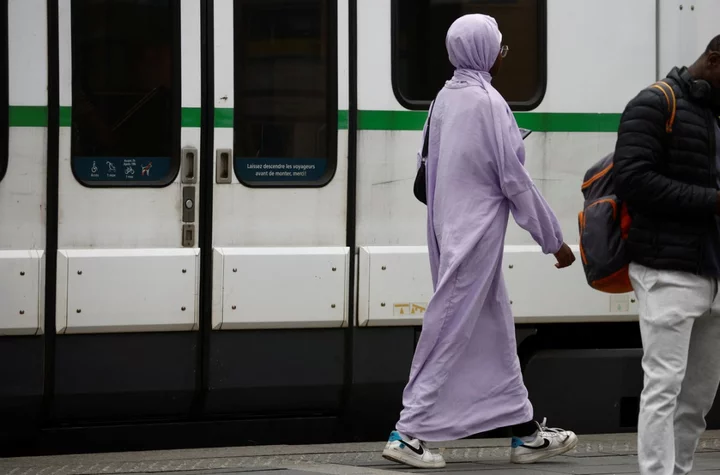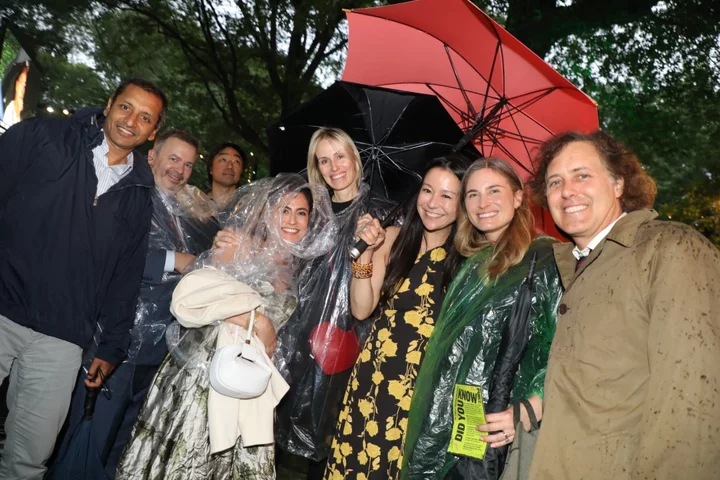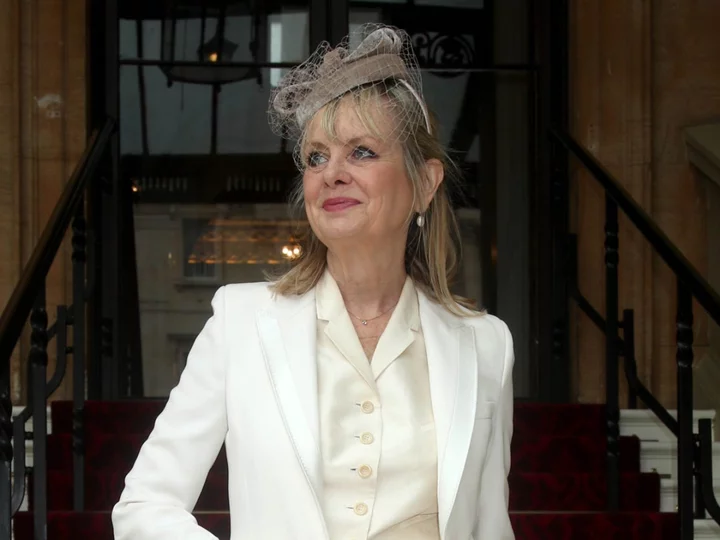French schools send ‘dozens’ of Muslim girls home over traditional robe
French state schools have sent “dozens” of Muslim girls home for wearing a traditional robe banned in educational settings last week. The French education minister reported that almost 300 pupils arrived at school on Monday wearing the abaya, a long, loose over-garment that spans from the shoulders to the feet. Similar to the djellaba worn in North Africa or the qamis which is popular in West Africa, it is largely worn by women. Official figures reflect that 298 girls, mostly aged 15 and over, wore the garment to school in spite of the ban, most of whom agreed to change their clothes after being reprimanded by teachers. However, 67 girls refused to comply with the rules and were sent home. Now, they face further discussions between their schools and families; should they refuse to obey, they could face exclusion. Education minister Gabriel Attal announced the ban at the end of August in line with France’s secularist ban on religious signs in state schools and government buildings. For Mr Attal, the garments are “an infringement on secularism” and, in some cases, a bid to destabilise schools. Elsewhere, pupils and teachers alike have been banned from wearing a headscarf in state-run schools since 2004, and full-face veils have been banned in public since 2010. The rules also include the Jewish kippa. France has a long history of secularism, having enforced strict bans on religious imagery in schools since the 19th century to curb Catholic influence on public education. Critics of the new policy argue that abayas, worn by women, and khamis, the male garb, are no more than a fashion statement. They say the garments do not constitute an ostentatious sign of religion and should not be banned from classrooms under a 2004 law. Authorities fear that religious symbols are a gateway to Islamic radicalism, while some Muslims feel stigmatised by efforts to make them conform. Islam is the second largest religion in France. “Our schools are continually tested. We know that,” Mr Attal said at a news conference a week ahead of the start of the school year. He said that the wearing of abayas and khamis, a “new phenomenon,” has recently grown, and must be met with a firm response to tackle what sometimes amounts to “infringements, attempts at destabilisation.” Read More France set to ban Muslim students from wearing abaya in state schools French education minister bans long robes in classrooms in effort to defend nation's secular values France's Macron says schools will be 'intractable' in enforcing ban on robes often worn by Muslims France's Macron supports experimenting with uniforms in some schools amid debate over ban on robes

French state schools have sent “dozens” of Muslim girls home for wearing a traditional robe banned in educational settings last week.
The French education minister reported that almost 300 pupils arrived at school on Monday wearing the abaya, a long, loose over-garment that spans from the shoulders to the feet. Similar to the djellaba worn in North Africa or the qamis which is popular in West Africa, it is largely worn by women.
Official figures reflect that 298 girls, mostly aged 15 and over, wore the garment to school in spite of the ban, most of whom agreed to change their clothes after being reprimanded by teachers.
However, 67 girls refused to comply with the rules and were sent home. Now, they face further discussions between their schools and families; should they refuse to obey, they could face exclusion.
Education minister Gabriel Attal announced the ban at the end of August in line with France’s secularist ban on religious signs in state schools and government buildings. For Mr Attal, the garments are “an infringement on secularism” and, in some cases, a bid to destabilise schools.
Elsewhere, pupils and teachers alike have been banned from wearing a headscarf in state-run schools since 2004, and full-face veils have been banned in public since 2010. The rules also include the Jewish kippa.
France has a long history of secularism, having enforced strict bans on religious imagery in schools since the 19th century to curb Catholic influence on public education.
Critics of the new policy argue that abayas, worn by women, and khamis, the male garb, are no more than a fashion statement. They say the garments do not constitute an ostentatious sign of religion and should not be banned from classrooms under a 2004 law.
Authorities fear that religious symbols are a gateway to Islamic radicalism, while some Muslims feel stigmatised by efforts to make them conform. Islam is the second largest religion in France.
“Our schools are continually tested. We know that,” Mr Attal said at a news conference a week ahead of the start of the school year. He said that the wearing of abayas and khamis, a “new phenomenon,” has recently grown, and must be met with a firm response to tackle what sometimes amounts to “infringements, attempts at destabilisation.”
Read More
France set to ban Muslim students from wearing abaya in state schools
French education minister bans long robes in classrooms in effort to defend nation's secular values
France's Macron says schools will be 'intractable' in enforcing ban on robes often worn by Muslims
France's Macron supports experimenting with uniforms in some schools amid debate over ban on robes









